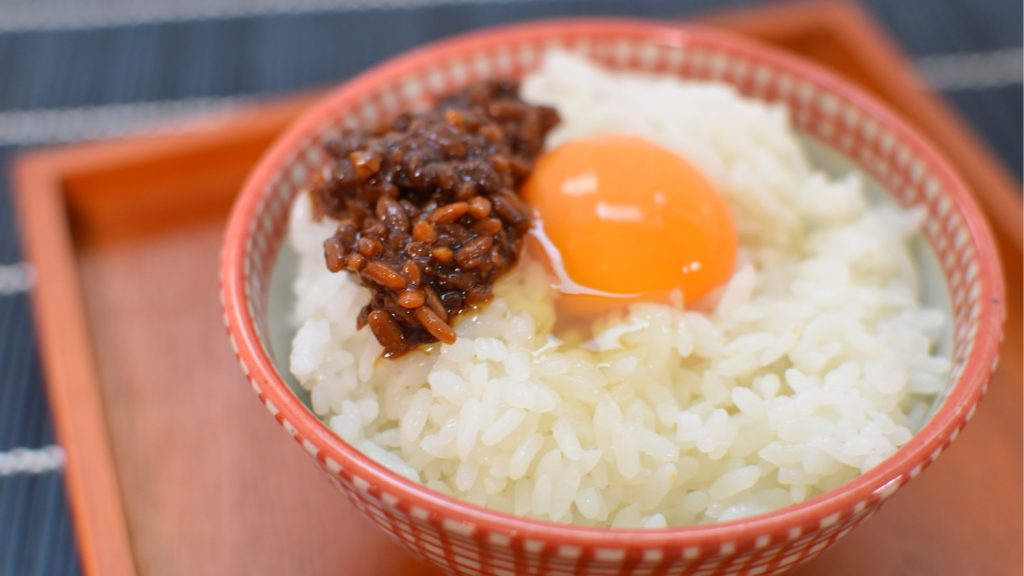When you go to Japan, you should be able to experience the typical Japanese food culture: raw food, not only raw fish and horse meat, but also raw eggs, which are used in various ways, from egg sauce on rice, shabu-shabu, Tsukimi udon to mayonnaise on grilled meat. However, in many countries, eating raw eggs is often considered a food safety issue, and many Taiwanese readers have been taught not to eat raw eggs since childhood, right? So why can Japanese people eat raw eggs without fear? This is because of the strict control in Japan over the egg production process.
Table of Contents
ToggleWhy do Japanese people eat raw eggs? Raw Egg Production Process

The egg production industry in Japan has unique and strict regulations, and always maintains high quality control. First of all, Japan pays special attention to creating a farming environment that prevents chickens from being infected with Salmonella, a type of bacteria that can attach to eggs through chicken feces and other means, and can even enter the eggs, posing a risk of food poisoning. To reduce this risk, Japan has clear laws and regulations on the chicken raising environment, diet, disease prevention, and other aspects, with strict control.

Once the eggs are laid, a series of rigorous checks and treatments begin to ensure the quality of the eggs. The eggs are cleaned, sterilized, graded, packaged and inspected several times, including appearance checks, weight measurements and even special egg fluid checks. These rigorous checks ensure the freshness and safety of the eggs and can detect potential problems early on, such as cracks in the shell or eggs containing bacteria.

Unlike other countries, where requirements for eggs are more focused on cooking and therefore longer storage periods, Japanese eggs are mostly eaten raw, so special emphasis is placed on bacterial hygiene management, and most of their eggs are regulated to have a shorter shelf life of about two weeks for raw food.
In addition, Japan also implements strict controls on the storage and transportation of eggs. For example, eggs must be stored at a certain temperature and humidity level during transportation to avoid deterioration due to environmental changes. In addition, egg outlets in Japan, both supermarkets and small retail outlets, are required to meet food safety standards to ensure that the highest quality eggs are maintained at all stages before they reach consumers.
Japanese eggs under impact of bird flu and recent raw prices
In recent months, the Japanese egg industry has been affected by bird flu, as has Taiwan. The impact on the egg market has caused egg prices to skyrocket, and due to the increasing demand for “raw egg diets” in Taiwan and Hong Kong, Japanese egg exports have also gradually increased in recent years, coupled with changes in the international situation such as war, rising grain prices, and imported feed prices such as poultry feed, which have caused pressure on livestock operations to continue to increase, and have made Japan, an egg lover, suffer greatly. The impact can be seen from the fact that McDonald’s Japan has even announced several times that it intends to stop selling the “Teriyaki Tsukimi Burger”, a signature burger product of McDonald’s Japan.
Persistence Behind Every Egg

The Japanese’s peace of mind in enjoying raw eggs comes not only from their love and respect for the art of food preparation, but also from the strict supervision of the entire egg production chain in Japan. From the farm to the dining table, every step of the process is carried out professionally and strictly, to ensure the safety and quality of the eggs. This not only reflects the importance of food safety in Japan, but also represents the attention to detail and pursuit of quality in its culture. Although Japanese egg production has not fully recovered, the good news is that the control of bird flu has recently entered a good state, and recently we have gradually heard the sound of egg prices stabilizing in Japan, so next time you plan to travel to Japan, don’t miss it if you want to enjoy the freshest and softest raw eggs.













